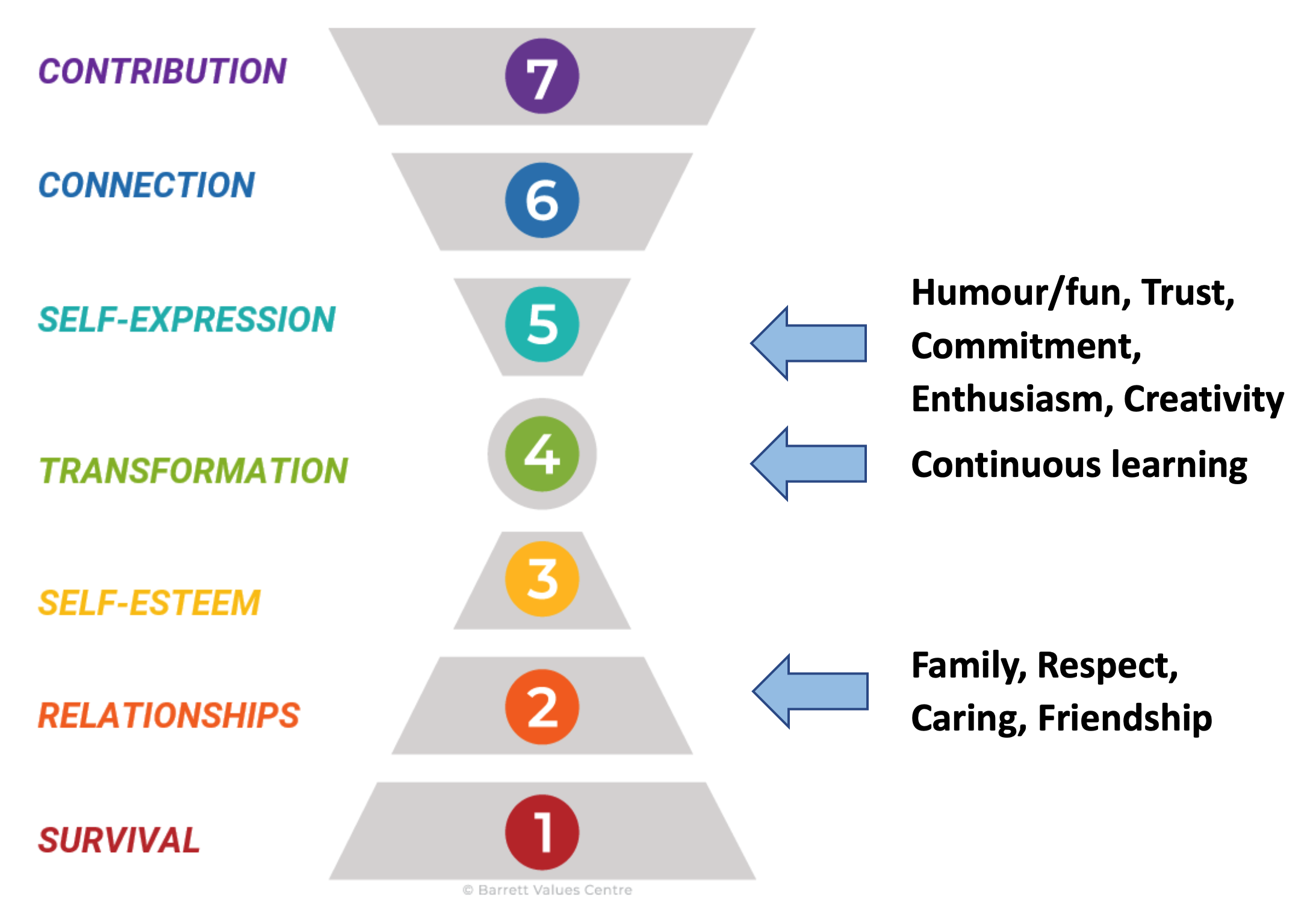
FAST is a self-report scale psychometrically used to measure symptoms of depression. It has shown a rater agreement (CR) of 0.86. It also has a coefficient for reproducibility (CR), which means that it is reliable and valid. The FAST was correlated with the Ordinal Scales of Psychological Development (OSPD), with a mean correlation coefficient of -0.79 ranging from -0.73 to -0.79 between individual subtests. The FAST scale was positively correlated to the Mini Mental State Exam(MMSE) as well as the Global Deterioration Scale, which measure depression among young adults.
Stages of functional assessment
Reisberg (1988), developed the Fast scale functional evaluation staging scale. This scale divides the progression of neurocognitive and age-associated impairment into 16 stages. It assesses cognitive decline and specific behaviors that are associated with each stage. It's used to assess the condition of patients and determine the best care.
Dementia is a progressive condition that causes a patient to lose their cognitive abilities over time. It can be caused from many different diseases, with the most common being Alzheimer's. The FAST scale is used by healthcare professionals to help them determine the most appropriate care plans for patients with dementia. Caregivers can recognize the signs early and take the necessary steps to ensure that the patient is safe.

Correlations to other psychometric measures
Fast Scale's high sensitivity is combined with its specificity makes it an excellent choice to evaluate many variables. It is also useful to examine the relationship between organizational performance and personality traits. It is widely used by researchers in various sectors of business.
Correlations with other psychometric measures are important in determining the validity of a given measure. You can test construct validity by looking at the relationships of the fast-scale with other tests. Cross-sectional analysis was done to examine the relationships between fast scale and other measures. The baseline scores of participants were compared to the changes in Week 104. Spearman correlation coefficients were used in the tests to examine relationships between continuous variables. The results showed a high degree of correlation between the Fast Scale and measures of the objective cognitive abilities, while the results were less significant for the functional measures.
Validity
Multiple methods were used to examine the validity of FAST. FAST demonstrated excellent psychometric properties in several studies. They were found to be consistent internally and reliable between test-retests. Moreover, FAST demonstrated a high correlation with previously used scales. FAST was also found to be compatible with other mental assessment instruments and had strong scalability.
FAST maintains good internal consistency across all subscales. It has been proven reliable in both ASD as well as NC groups. FAST has also been shown to be sensitive to functional differences in healthy and affected subjects.

Reliability
The reliability of the FAST scale was examined by studying its correlations with other psychological tests. The FAST showed good intrarater reliability and test-retest reliability. It also showed a strong correlation with the SOFAS scales and Sheehan scales. The study also found that the FAST had high internal consistency.
FAST had a good internal consistency with an alpha of 0.870. This was a great value. The correlation between FAST scale and DSM-IV-IV was positive. This indicates that there is a high level internal consistency.
FAQ
How long does it take for the pieces to come apart?
People wonder sometimes how long it takes to split up and whether it's worth the effort. The truth is you will not always be able to end your relationship, no matter what you do.
It might take more time if you are trying to end the relationship with someone who doesn't want to listen.
You might not succeed even if you try everything. Because some couples just aren’t meant to be together.
It's a good idea to talk to your ex-partner before you decide to end things. Tell them that you made a decision to end your relationship with them and ask them if this is their view.
If they agree, you should continue with your plan. But, if they say no, then you should reconsider.
What makes a couple last?
Communication is the key for any successful long-term partnership. Communication involves more than talking. You also need to listen. Understanding what they're saying and why is essential. You must do this without interrupting their conversation.
You can keep the conversation going by asking questions that encourage your guests to share their personal stories. This allows you to learn more about their lives and the things that matter most to them.
You also need to listen carefully when they tell you how they feel. If you don’t respond appropriately, they can become frustrated and may stop communicating. You can show your interest by asking open-ended, curious questions.
You should also try to establish an emotional connection with your loved one if you want to retain a strong bond. Give them a compliment for a job well performed. Or give them a hug or a kiss.
These basic rules can help you establish lasting relationships.
First, be yourself. Do not pretend to look like someone else. If you are having trouble relating to people, it will only worsen if you act like someone else. Instead, be real and honest. Honesty and authenticity will be valued by others.
Remember, second, that people change with time. As we age, our personalities change. We develop new interests and priorities. We also retain core values that have made us who and what we are today.
Even though you may think you know it all, there is always more to learn. It is crucial to be flexible, adaptable and adaptive.
Third, avoid being judgmental. Criticisms of others can often cause hurt feelings. When you judge others, you can hinder your ability of communicating effectively.
Take care of your body. You need to take breaks from social activities in order to recharge your energy. Exercise regularly and eat healthy food. You'll have happier relationships if you treat yourself well.
I don't trust my boyfriend anymore because he cheated. What should you do?
Trust is essential for any relationship. There is no way to connect two people without trust.
When you fall in love, you open yourself up to the possibility of betrayal. In the hope that they will treat your well, you give your heart to another person. And you hope that they won't let anything happen to you.
Sometimes things can go wrong. Your boyfriend could cheat on your. He might get fired from his job. Perhaps he gets hurt.
You will feel betrayed in either case.
It is possible to feel confused. Why was this happening? How can he betray me in this way? Why didn’t my friend tell me sooner about his plans?
These are all valid questions. You should not ask these questions. Instead, ask yourself the following question: What will you do now?
What does it mean for him to be forgiven? Does it really make any difference to forgiving him? Is it possible to rekindle a loving relationship?
These questions will guide you in your next steps.
If you decide to forgive him, then you can move forward. You can repair the damage he caused.
Your relationship is likely to end if he refuses to forgive you. He has broken trust in you. There's no point in trying to rebuild it.
You should take the time to consider all options.
How to manage a confidante partner
There are many things you can do to help your clingy lover. You can talk to them about the things you want. However, if they refuse to listen, then you may have to take action.
It might be worth taking a trip away with your partner at least once per week, to allow yourself to reflect and dream.
If you feel like you're being controlled by someone who doesn't respect you then you should probably start considering leaving.
Remember that you have different needs, even though you may love one another. It's possible for one person just to want to be with the other constantly, and another to only wish to go out sometimes.
You need to question why you are spending so much time with your partner. Do you love their company or fear losing them?
Once you know the answer to this question, you will be able decide whether or not you want stay.
Statistics
- After analyzing the data and controlling for the influence of other personality traits and demographic factors, she found that gritty men were 17 percent more likely to stay married. (time.com)
- Why Relationships Matter Find a therapist to strengthen relationships With the national rate of divorce hovering close to 50 percent, people understandably wonder how they can make a relationship last. (psychologytoday.com)
- Meanwhile, a 2010 study of twenty-three thousand married couples found that the similarity of spouses accounted for less than 0.5 percent of spousal satisfaction. (time.com)
- But Gottman's research shows that three years into a relationship if you're not arguing at all, you're much more likely to find yourself arguing in divorce court. (time.com)
External Links
How To
How to start your relationship right
People don't require a large amount of money to create unforgettable experiences. Passion and persistence are all you need.
Passionate people who desire to have an impact on the lives of others. Persistent individuals stick with it until they achieve the goals they have set.
You only need these things to begin a relationship:
-
Find people who share the same passions as you. They could be close friends, family, coworkers and neighbors, or classmates.
-
Get to know them. Ask them lots questions. Learn about their likes or dislikes. What drives them to do what they do? How did they get where they are today
-
Your passions and interests can be shared with them. Let them know what you are passionate about. Let them know what excites.
-
Give them something back. If possible, give them a helping hand. Be generous. Pay attention. Pay attention to details.
-
Keep working together. One day, your great friendship will be remembered.
-
Remember to stay positive! No one wants to hang around negative people.
-
Enjoy life! You don't have time to stress about things you can't control.
-
Have fun. It's not just about work and money. There are more things to life than money and work.
-
Put effort into your relationships. Treat others the way you would like them to be treated.
-
Stay humble. Keep in mind that everyone has their strengths and weaknesses. You're no different.
-
Take risks. It is best to go outside your comfort zone in order to see how far you can travel.
-
Love deeply. If you give your heart to someone else, it expands.